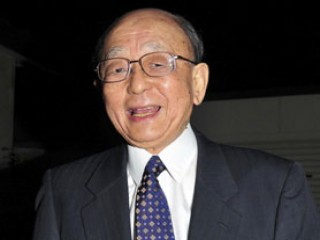
Akira Suzuki biography
Date of birth : 1930-09-12
Date of death : -
Birthplace : Hokkaido, Japan
Nationality : Japanese
Category : Science and Technology
Last modified : 2011-09-15
Credited as : chemist, Suzuki reaction, Nobel Prize for Chemistry 2010
0 votes so far
Prior to the development of palladium-catalyzed cross coupling technique, carbon chains had been difficult to construct in the lab, but when palladium is used as an intermediary these links can be constructed quite easily, which has led to the adaption of palladium-catalyzed cross couplings across many disciplines of chemistry. Palladium bonds to carbon atoms without complex inducement, bringing these atoms into closer proximity and triggering to the next step in the reaction, where the carbon atoms break away from the palladium and, in the immediate aftermath, bond to each other in chains.
Japanese chemist Akira Suzuki and his colleague, Norio Miyaura, developed what is now termed the Suzuki-Miyaura reaction, or "Suzuki coupling", in 1981. A chemical reaction that employs boronic acids or esters, Suzuki coupling is a form of palladium-catalyzed cross couplings, distinct in that it uses organoborons. Suzuki was awarded the Nobel Prize for Chemistry in 2010, shared with Richard F. Heck and Ei-ichi Negishi, who conducted earlier but related research into palladium-catalyzed cross couplings.
















